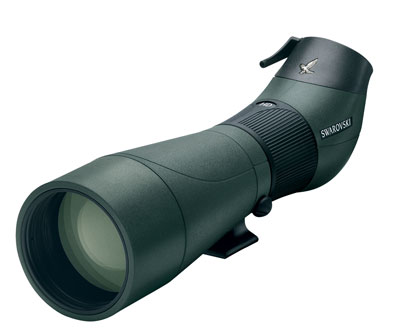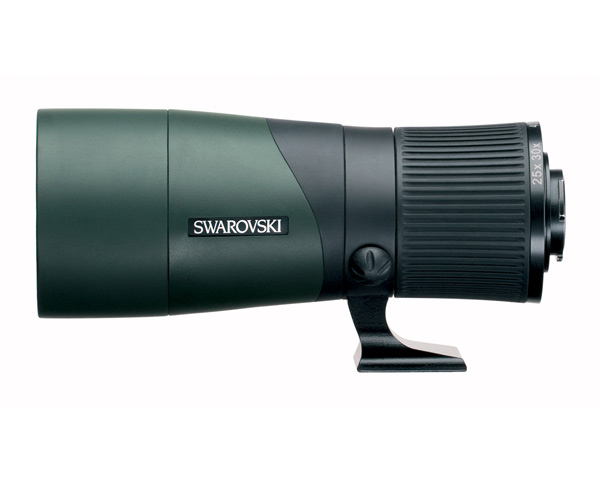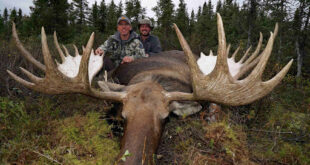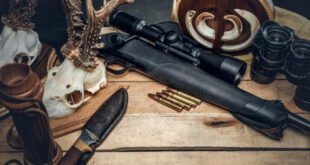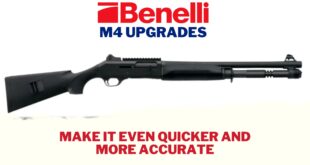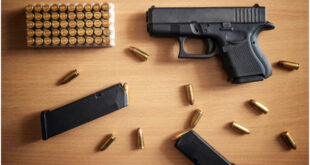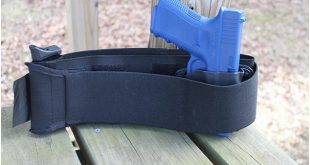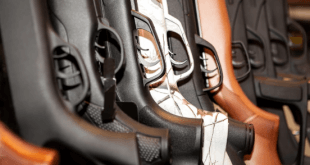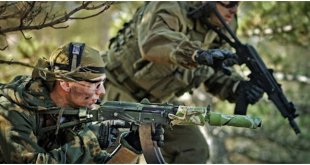Bird watching is growing in its popularity. One of the fastest-growing activities in the world, it also is environment friendly. Along with the rise in popularity of the sport, spotting scopes have also become a must-have for watchers. There are a lot of folks I know who prefer a Swarovski spotting scope. In fact, they have got their Swarovski scopes for sale. Now that’s wonderful, isn’t it?
Obviously, you will want to look at the price when purchasing your scope for birding. Many of the higher-priced scopes can climb as high as $6000. The lower-end models average around $250. Why such a dramatic price difference? Well, the quality of the scope is determined by the design of the lens value. There are also many bells and whistles that you can choose such as a scope that is fog proof, shockproof, and waterproof.
A birding scope is so imperative because it allows you to see birds from great distances possibly in places that you can’t reach such as cliff faces. Unfortunately, binoculars just won’t get the job done from long distances thus the emphasis on spotting scopes.
You should consider what the magnification is before buying your scope. If you get a scope with a magnification level of 15x or lower, you have wasted your money as binoculars will do the trick for that level and are much cheaper. The common advice is to stay between 15x and 60x as high magnification will ruin the brightness image.
You will also want to investigate the objective lens. In this case, bigger is better. The larger the lens, the increased capacity to gather light the scope will have. Keep in mind, however, that the larger the lens, the higher the price. For those who are looking for high-end scopes why not opt for the Swarovski spotting scopes. When you are out for digiscoping how important these are for your hunting gears.
Another important feature to look for in scope is a lens that has top-quality glass and also a coating. What you should be looking for is spotting scopes with ED, FL, HD, and APO glass. This will give you the best possible vividness and sharpness.
If you have the financial means, then you should always get a scope that is fog proof and waterproof. Birding is not done inside obviously; you are going to be in the elements and need protection for your scope as well as the ability to see without worrying about your lens fogging over.
When buying, you will have the option of an angled or a straight scope. If you are planning on viewing birds that are high above you, then you will want an angled spotting scope. Straight scopes are usually mounted somewhere and don’t move.
Consider all of these factors before grabbing that coveted scope. But regardless of which scope you obtain, just get out there and start observing those beautiful species!
 www.GunsandOptics.com Tactical & Hunting Gear Review
www.GunsandOptics.com Tactical & Hunting Gear Review
